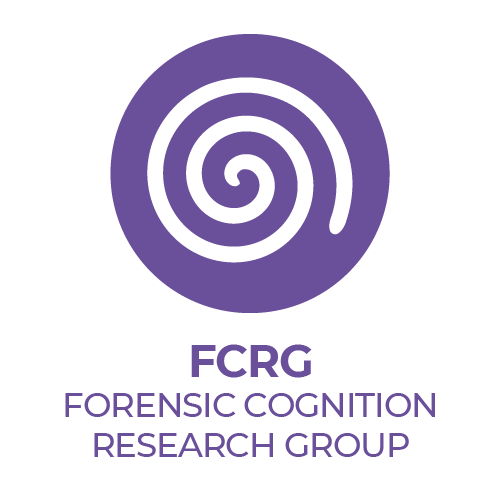You are here
- Home
- PhD students at The Open University - FCRG Event
PhD students at The Open University - FCRG Event
- Dates
- Wednesday, March 8, 2023 - 15:30 to 17:30
- Location
- Internal Event
FCRG Strand Leads Drs Lara Frumkin and Ailsa Strathie are hosting an internal Forensic Cognition Research Group (FCRG) event, with PhD students:
Speakers
Developing computerised tasks for assessing affective state
Andrei Vaida
Using the concept of cognitive affective bias as the foundation for the creation of a computerised task which can be used translationally to assess people's vulnerability towards developing depression as well as other affective disorders
Papercuts & Crossroads: How does trauma shape identity and engagement with extremism?
Deepti Ramaswamy
An update on my work since my initial presentation to the FCRG a year ago, I will be sharing some early observations from data from my former extremist participants and thinking aloud about what we could learn about how early experiences influence identity and engagement with extremism
Influencing secure behaviour with a threat avatar
Simon Pavitt
Secure behaviour relies on a usable mental construction of a threat to motivate action, but in cyber-security this threat is intangible, often informed by outlier cases in the news and unhelpful Hollywood versions of “hackers”. The result is the perception of an omnipotent enemy and this can feed a sense of fatalism among those who are in a position of making secure decisions. Threat Avatar is a proposed means to build an alternative, more accurate model of the adversary. It is anchored to research in threat actor behaviour, narrative-learning, and perspective-taking. To date, it has been applied across the Defence and hospitality sectors to great success. This research seeks to understand the efficacy of this approach along with identifying the variables that make it successful.
Prototypes and Stereotypes – understanding the ‘ideal’ tactical and firearms officer and how females ‘fit’
Ashleigh Bennett
The presentation will outline the key themes from research exploring what makes an effective firearms and tactical officer. The aim of the research is to better understand the values and behaviour of employees and the impact this has on gender representation and inclusion.

Acknowledgments:
This event is hosted by the Open Psychology Research Centre, within the Faculty of Arts and Social Sciences at The Open University, and delivered through its strand of research FCRG.